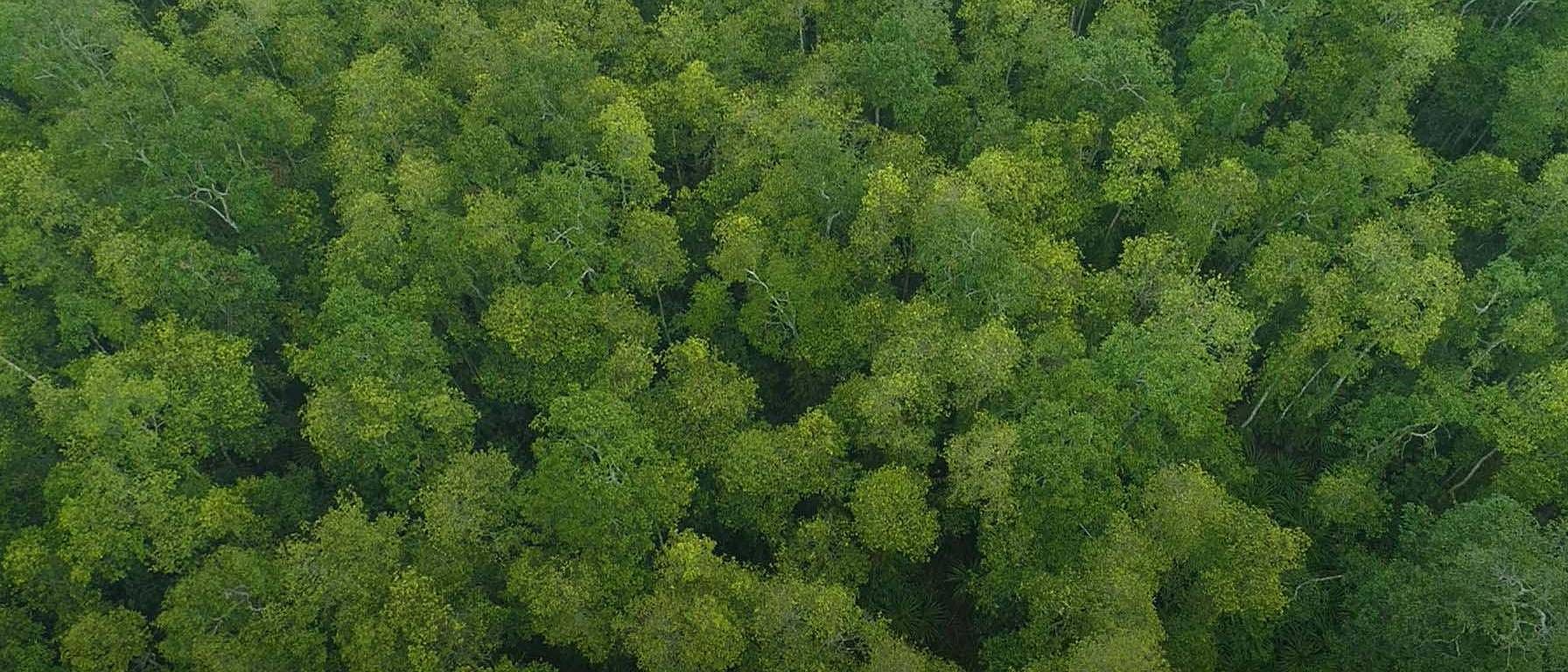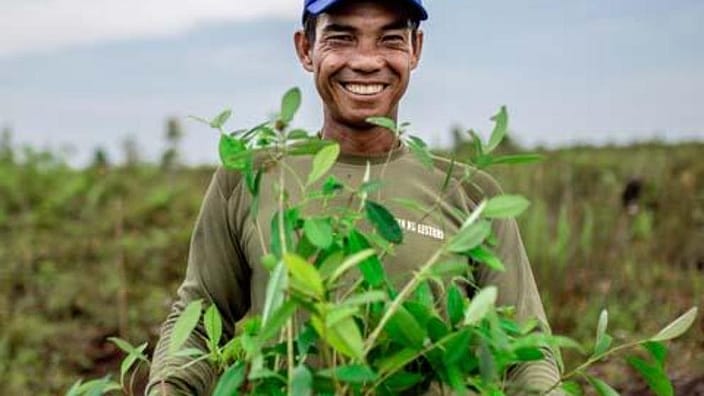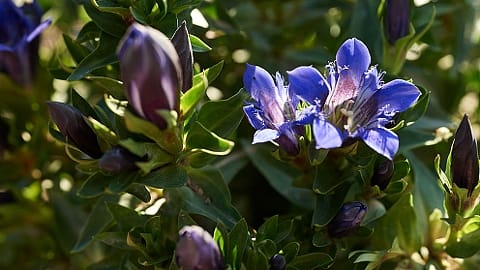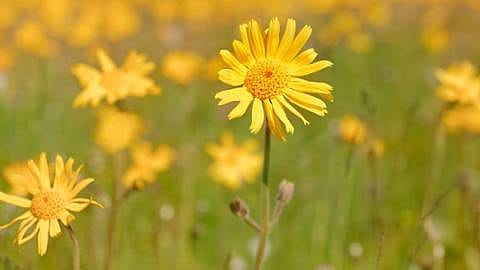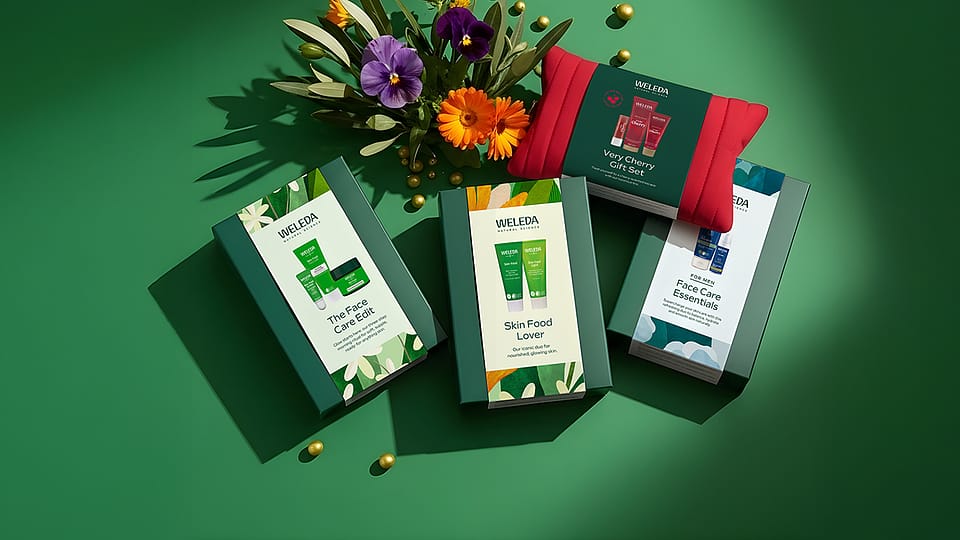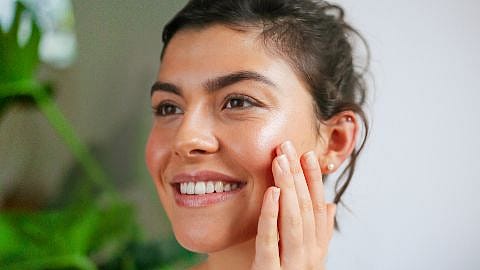Palm oil and the beauty industry
Hardly any other plant-based raw material is as versatile or as controversial as palm oil. It's the most widely used vegetable oil in the world, according to the WWF, and found in an estimated 50% of supermarket products from detergents to ice cream.
Much controversy surrounds the social as well as environmental complexities of the palm oil industry - reports from plantations in Indonesia for example reveal that palm oil production often involves violation of human rights in the form of poor working conditions, social injustice and conflicts over land. Indigenous people are often affected by its cultivation, evicted from their land and deprived of their livelihood.
Because oil palms only grow in tropical climates, large areas of rainforest are often felled to make way for palms - with greenhouse gases being released as a result of slash-and-burn practices. The problem is particularly acute in Indonesia and Malaysia, which produce around 87 per cent of the world's palm oil. With the loss of rainforest comes the loss of habitat for native animals including the endangered orangutans of Borneo.
As a pioneer of natural and organic skin care with high ethical standards, Weleda condemns the destruction of the rainforests caused by non-sustainable palm oil cultivation. We fully support the increasing awareness around the issues of palm oil cultivation and work hard to bring on change in the industry.
However, it is our firm conviction that going ‘palm-oil free’ and switching to alternative ingredients would not address this issue, simply because the alternative oils currently available would require greater areas of land and water usage than palm oil to cultivate.
Frequently asked questions about palm oil use in our skincare
Why is palm oil so popular?
A. Palm oil acts as a natural emulsifier and can be used to produce plant-based tensides. It has no particular smell (unlike animal fats), and it creates skin-friendly textures in creams and lotions.
Do you use palm oil in any of your products?
A. Yes we use palm oil in some of our products. The palm oil sourced by Weleda is certified organic and derives exclusively from non-destructive cultivation, sourced under fair working conditions and with guaranteed traceability.
Where do you source your palm oil from?
A. Our palm oil is fairly traded and ethically and sustainably sourced from a one single certified plantation in Brazil (certifications: identity preserved RSPO, organic IBD, Bio Suisse, USDA and JAS).
Can you guarantee palm oil derivatives are sourced sustainably and with guaranteed traceability?
A. As a manufacturer of certified true natural and organic cosmetics, Weleda must often rely on emulsifiers and tensides of natural origin that may partly derive from palm oil and palm kernel oil. With such derivatives, we also take pains to ensure that the relevant raw materials are sourced exclusively from environmentally friendly and socially responsible cultivation. However, a persistent lack of transparency within the market for processed raw materials continues to make it difficult. In the case of derivatives, especially, there is often no separation between certified and conventional starting materials along the supply chain.
Why don't you use alternatives to palm oil in your products?
A. Boycotting palm oil completely is not the best solution. Producers might then lower their prices to increase demand from markets that have less interest in sustainability, thereby reducing the incentive to produce environmentally sustainable palm oil. Or companies could buy alternative oils from other crops (such as coconut, soybean, sunflower or rapeseed oil), which potentially use nine times as much farmland as palm oil, thereby adding to loss of biodiversity and likely more deforestation. Palm accounts for 6.6% of cultivated land for oils and fats, while delivering 38.7% of the output, according to the European Palm Oil Alliance.
Having said that, we continuously investigate opportunities for replacing ingredients based on palm oil and palm kernel oil with sustainable alternatives.
Do you actively work on improving the palm oil industry and bring on change?
A. We strongly believe that the current problems with palm oil cultivation can only be solved by exerting a concerted influence on suppliers to promote sustainable and non-destructive methods of cultivation. Weleda, along with like-minded companies, is a member of FONAP, the forum for sustainable palm oil, which was formed to pursue this goal.
Our membership provides us with a stronger voice in regard to the cultivating countries; it allows us to press for improvements of the sustainability criteria prescribed by the Roundtable on Sustainable Palm Oil (RSPO); and it enables us to work across industry- and organisational boundaries to improve conditions for both nature and the human being.
If you have any questions please do not hesitate to contact us.
Palm oil in the beauty industry compared to the food industry
Just to put into context the use of palm oil for the beauty industry, compared to the use in the food industry or other sectors such as biofuels or industrial lubricants: according to the Round Table for Sustainable Palm Oil only about 2% of the world’s palm oil and palm kernel oil production goes into beauty products, and 3% is used for household cleaning products and personal care products, mainly in the form of palm oil derivatives such as detergents.
But before we dismiss the significance of the beauty industry’s role in palm oil problems, looking at the statistics from a different perspective we discover that 70% of beauty or personal care products contain one or more palm oil derivatives - so palm oil is a very important part of the beauty industry, including the natural and organic cosmetics sector.
It is estimated that globally we each consume about 8kg of palm oil a year, most of which comes from Malaysia and Indonesia where it’s raising the incomes of farmers and plantation owners but equally raising greenhouse gas emissions and destroying the only habitat of endangered Sumatran tigers, rhinos, bats and orangutans – making this literally a tale of beauty and the beast.
Weleda supports conservation project in Borneo
Whilst Weleda's organic palm oil is sourced sustainably from one particular fair trade producer in Brazil, and is sourced at the highest RSPO certification level ‘Identity Preserved’ (IP), it was clear to Weleda that the most significant problems in the palm oil industry were impacting areas of Borneo many thousands of miles away.
In order to help primates suffering from palm oil production and to protect local biodiversity, Weleda recently joined forces with the non-profit organisation Borneo Orangutan Survival (BOS), to support their conservation work. BOS rescues and rehabilitates threatened orangutans and rehomes them in protected rainforest – but safe areas are becoming increasingly rare in Borneo. This makes reforestation and the protection of new rainforests all the more important. By supporting the work of BOS, Weleda will give future generations of orangutans a chance to live freely and safely.
The project will start by securing the land rights of the inhabitants of Mantangai Hulu so they can maintain their economic independence. 55 hectares of land will then be reforested in collaboration with the villagers. When suitable areas have been identified and prepared, reforestation with over 55,000 trees will begin. On five of the 55 hectares, timber will be planted so villagers can make a long-term living.
What action can we take?
Clearly we cannot solve the problem of palm oil in the food industry and other sectors overnight. But retailers and indeed consumers can set the intention to clean up the beauty industry by opting to buy products made only with certified sustainable palm oil (CSPO). Many natural and organic beauty brands are sourcing CSPO for their ranges, with sustainability champions such as Weleda also taking an active role in organisations like FONAP in order to have a louder voice and greater influence in tightening industry standards.
NATRUE is set to make purchasing decisions easier for the consumer, by updating their criteria for certification of natural and organic cosmetics to include sustainable palm oil. So consumers around the world will know at a glance from the NATRUE seal on pack whether a beauty product is one they can choose with a clean conscience.
“Today sustainability is crucial for all industrial sectors. For cosmetics, consumers are demanding not only high-quality, efficient products but also products that are natural and organic, with verified ethical and sustainable sourcing and production. Consequently, companies operating within the cosmetic industry are increasingly implementing sustainable policies across all their supply chain and production processes.” Mark Smith, Director General, UEBT
